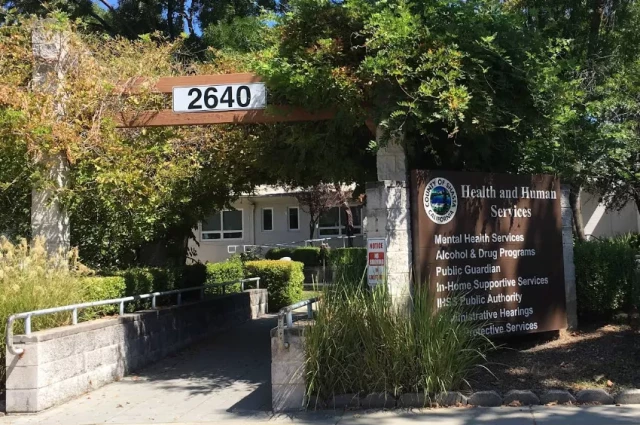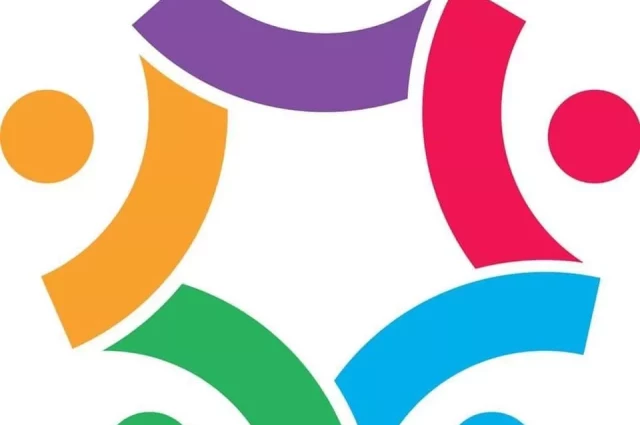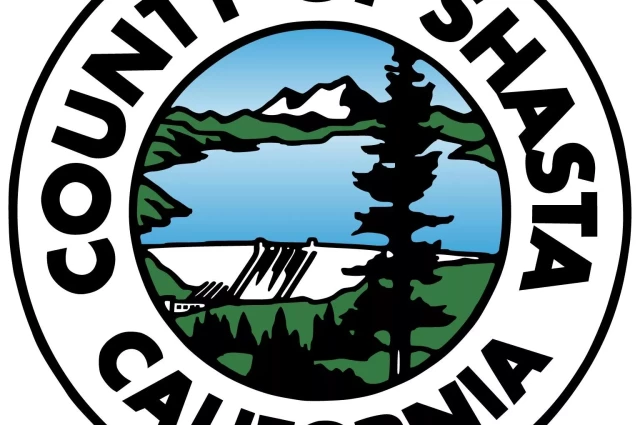Shasta County Mental Health Information
Treatment
Who We Treat
- Young Adults (18–25)
- Older Adults
- Male and Female
- Veterans
- LGBTQ+
Treatment Focus
- Veterans
- Depression
- Schizophrenia
- Bipolar
- Trauma
Approaches
- Family Involvement
- Evidence-Based
- Strengths-Based
- Individual Treatment
Conditions We Treat
- Post Traumatic Stress Disorder
- Anxiety
- Depression
- Schizophrenia
- Grief and Loss
- Suicidality
- Bipolar
- Trauma
- Eating Disorders
Substances We Treat
- Prescription Drugs
- Alcohol
Aftercare
- Outpatient Treatment
- Aftercare Recovery Coach
- Housing Services
- Support Meetings
- Mentoring and Peer support
Level of Care
- Day Treatment
- Intensive Outpatient Program (IOP)
- Outpatient
- Virtual & In-Home Care
Experience
On-Site Activities
- AA/NA Meetings
Special Considerations
- Justice Involved
- Clients Who Have Experienced Sexual Abuse
Smoking and Vaping Policy
- Smoking Not Allowed
- Vaping Not Allowed
Shasta County Mental Health Accepts The Following Insurance Plans
Find the best treatment options. Call our free and confidential helpline today!



